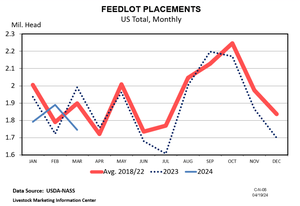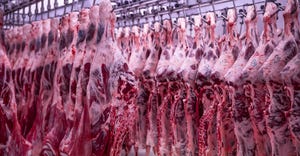Food prices will continue to rise based on several factors, says The World Bank.
May 1, 2012

Many factors -- including the higher price of oil, poor weather reports from around the globe, and strong demand from Asia -- are pushing the price of food higher on a global scale. The World Bank food price index showed an increase of 8% in the cost of food between December and March, according to Reuters.
Prices had declined the previous four months, and food prices still remain 1% below a year ago and 6% below the historical peak in February 2011. Otaviano Canuto, vice president for poverty reduction and economic management, said the increase is "threatening the food security of millions of people."
The World Bank says that the price indexes of grains, fats, oils, and many other foods have been increasing since January of this year.
One of the foods that hasn't increased, though, is rice. Its decrease is due to abundant supplies and strong competition among the exporters.
If the prices continue to increase, the higher levels will need close monitoring and there is a possibility of social unrest in some countries similar to what resulted after the food and energy price crisis in 2008-2009. However, the World Bank says it was hard to predict whether the price increase would lead to a global food crisis because there is no known mechanism to identify the onset of one.
To see the full article, click here.
You May Also Like



